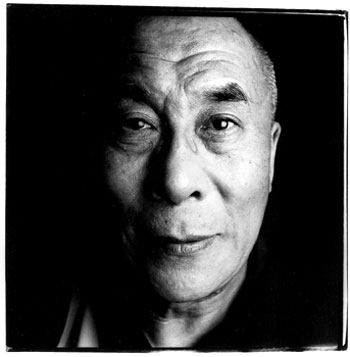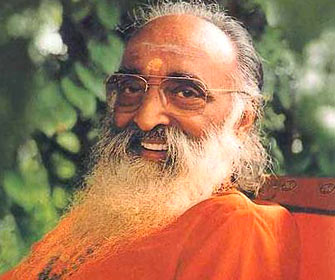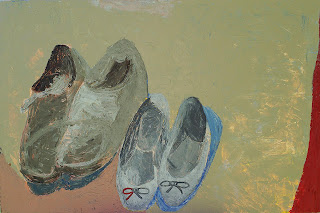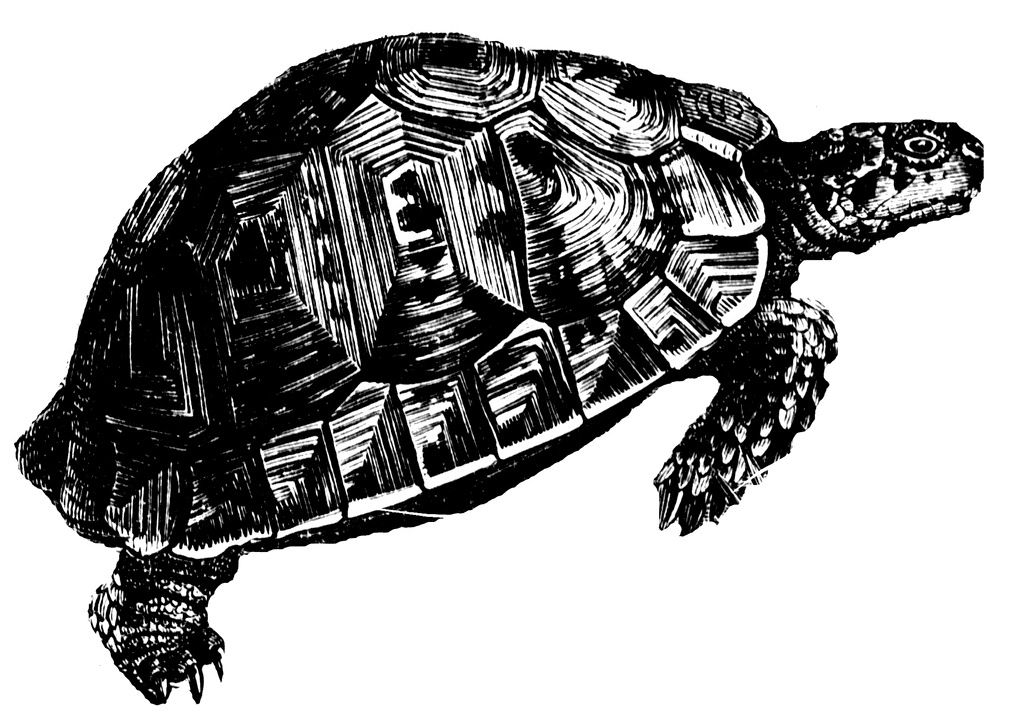Near the beginning of his poem
Song of Myself Walt Whitman writes, "I loafe and invite my soul, I lean and loafe at my ease observing a spear of summer grass."
What is the soul?
In Western thought, the soul is a higher dimension within. Since the Atma is not a dimension, the corresponding idea in advaita is jIva. Only the jIva is not a portion of the individual; rather the jIva is the totality of an individual as he or she is made manifest by Ishvara.
According to taittirIya upanishad, this total manifestation is comprised of five koshas. These are annamayakosha, praNAmayakosha, manomayakosha, vijnAnmayakosha, and Anandamayakosha, which is to say body, praNA, mind, intellect, and spirit.
Ishvara is the face of brahman nirguNa. Similarly the jIva is the face of Atma.
By inviting the soul one is inviting the Whole.










